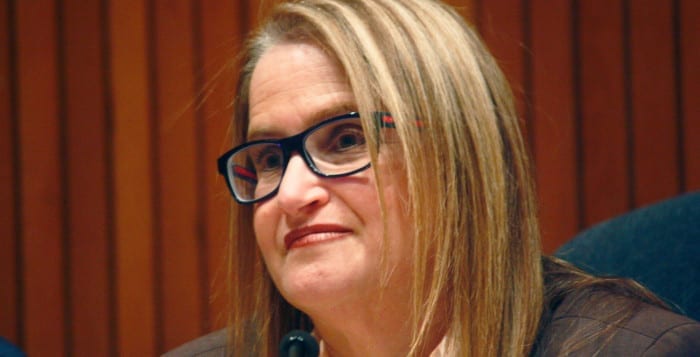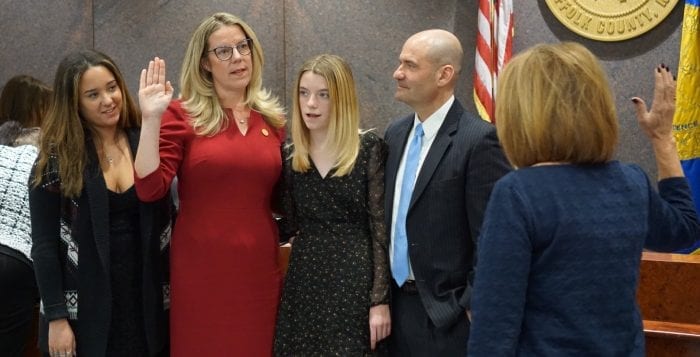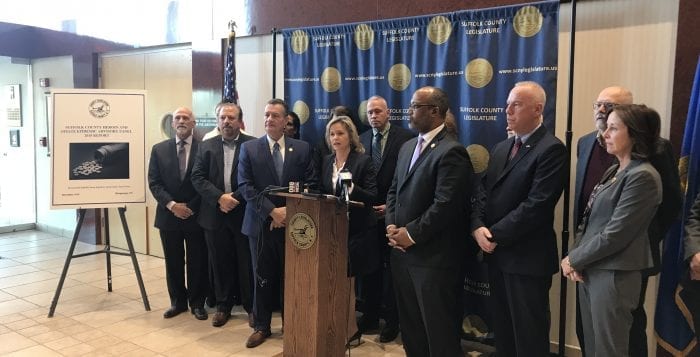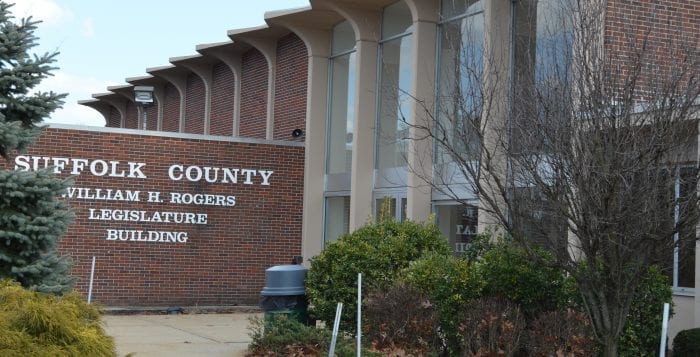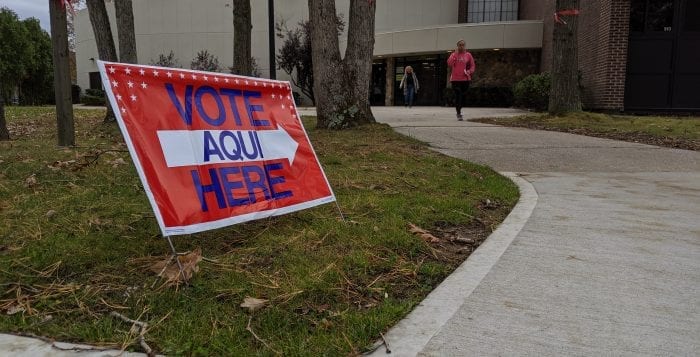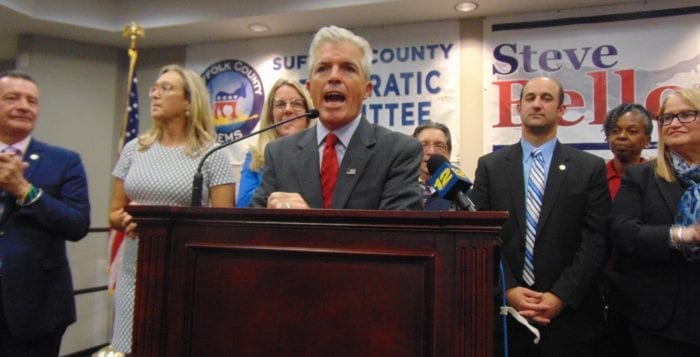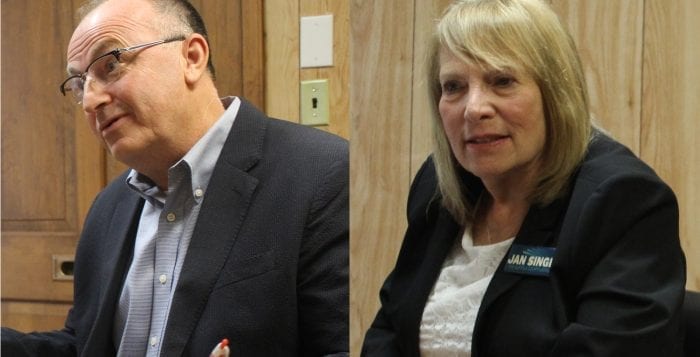Suffolk County Executive Steve Bellone (D) and the county Legislature agreed to withdraw a resolution that would have diverted money from the land preservation program over a three-year period to help to close the county’s budget gap.

The ballot measure called for increasing the percentage of sales tax that is allocated to the Suffolk County Taxpayers Trust Fund and decreasing the percentage of sales tax that is allocated for the Suffolk County Environmental Programs Trust Fund. Bellone withdrew the bill an hour or so before the Legislature was set to vote on it in a July 28 special meeting.
Richard Amper, executive director of the Long Island Pine Barrens Society, said that the decision was a good result for the people of Suffolk County.
“It took him [Bellone] a long time to reach a simple conclusion,” he said. “It would have killed a program that has been around for over 30 years. It is a commitment to water quality and land preservation.”
In the past month, the county executive has criticized Amper during calls with press for what he said was a misrepresentation of what the bill would do, and that Suffolk County would need to cover budget gaps due to the pandemic or suffer dire consequences.
The decision comes after the Legislature last week voted 14-3 to approve another ballot measure that would transfer excess funds from the county’s sewer stabilization reserve fund to the general fund in an effort to budget deficits from the coronavirus pandemic. That referendum will come in front of voters Nov. 3.
Amper said he felt the Bellone administration was so concerned with the possibility both propositions could be lost when residents voted on them in November that the administration chose to stick with one instead of being “left with nothing.”
Bellone confirmed this assessment in a statement.
“We have come to an agreement to withdraw this resolution in order to focus our efforts on ensuring the passage of the ballot referendum regarding the Assessment Stabilization Reserve Fund,” he said. “I am also pleased that several key players within the environmental advocacy community have indicated that they will not jeopardize the approval of this pending ballot measure and instead leave it in the hands of the voters.”
Environmental groups were concerned that taking away funds from the drinking water protection program would cause more harm than good. The program was established through a public referendum back in 1987.
Under the program, revenues from a 0.25% sales tax are divided between sewers land preservation, property tax stabilization and water quality funds.
“This is one of the most important environmental programs in Suffolk County,” said Adrienne Esposito, executive director of the Citizens Campaign for the Environment. “[Water quality] is not a partisan issue, everyone needs clean water and they benefit from this program.”

Still, the loss of this potential referendum leaves Suffolk County in potentially dire straits. A report of both Nassau and Suffolk finances released in early July said Long Island lost 270,000 jobs during the peak of the pandemic. Total job losses could eclipse 375,000 compared to pre-COVID levels. County leaders have constantly petitioned people to reach out to federal representatives to beg for budgetary relief.
The subsequent withdrawal and earlier ballot approval on the sewer fund is the latest instance of the county attempting to divert money from environmental protection funds.
Back in 2011, the county borrowed $29.4 million from the sewer fund in order to balance the budget under former County Executive Steve Levy. The Pine Barrens Society sued the county, and won. The move was deemed illegal by the state appeals court in 2012 because the county failed to get voter approval.
The county appealed that decision and lost again. The Appellate Division in Brooklyn ordered the county repay the funds last year.
Amper said the county is using the environmental programs as its piggy bank and sees voters as a way to “legally” take funds away.
“The county doesn’t manage its fiscal affairs very well, they’re billions of dollars in debt,” he said. “The public put that money aside for a reason.”


